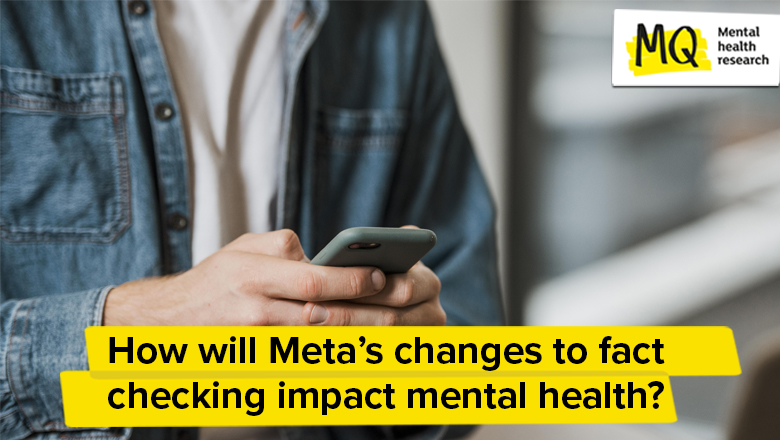In a surprising announcement, Meta revealed that it will discontinue third-party fact-checking on its Facebook and Instagram platforms in the United States.
This decision has raised significant concerns among experts regarding the implications for users on these platforms. The anticipated surge in misinformation and harmful content could pose serious risks, particularly for vulnerable demographics.
What are the potential consequences for mental health, especially among vulnerable groups like teenagers and young adults? This question is pressing as we consider the effects of unregulated content on these impressionable audiences.
The Growing Concerns Over Unchecked Content
The rise of misinformation, alongside the proliferation of AI-generated content and deepfakes, has led to fears that vulnerable individuals may be increasingly susceptible to manipulation or exposure to dangerous material without the safeguard of fact-checking.
Individuals with malicious intent, motivated to disseminate false or misleading information, will likely find it easier to operate on both Facebook and Instagram due to this policy change.
Furthermore, Meta’s decision to ease content restrictions on sensitive subjects such as immigration and gender could lead to an influx of abusive or stigmatizing content targeting marginalized groups.
Exposure to harmful material can contribute to psychological distress, manifesting as symptoms of depression, anxiety, and even trauma. A notable lawsuit filed against Meta in December by content moderators in Kenya highlighted these concerns, with allegations that 140 moderators suffered from severe post-traumatic stress disorder due to their exposure to graphic content, including incidents of murder, suicide, and child abuse.
Insights from Recent Research on Social Media and Mental Health
A comprehensive report published last year by MQ, in collaboration with Melbourne University, Harvard’s Digital Psychiatry Institute, and the Oxford Internet Institute, examined the effects of gaming, social media, and general internet usage on mental health.
The findings revealed that the duration of online activity alone does not dictate mental health outcomes for young people; rather, it is the quality of their online experiences that matters. Negative interactions, such as cyberbullying, unsolicited messages from strangers, and exposure to inappropriate content like pornography or violence, can significantly harm mental well-being.
On the flip side, positive online experiences—such as fostering social connections, accessing peer support, and finding reliable mental health resources—can lead to beneficial outcomes for mental health.
“More than half of youth report being online ‘nearly all the time’ and internet use is simply part of their world.” John Torous Director DigitalPsychiatry.org, Harvard Medical School
Call to Action: Urgent Need for Further Research
In summary, it is crucial to conduct more in-depth research to understand how Meta’s recent changes will affect users’ mental health.
The authors of the MQ report emphasized that even prior to Meta’s alterations, there was a pressing need for additional studies to comprehend the full ramifications of social media usage, misinformation, and exposure to harmful content. They noted that existing studies predominantly focus on short-term effects, lacking insights into the long-term impact of accessing harmful content.
Moreover, many observational studies that link the rise in mental health issues among young people to the internet or social media often fail to account for other significant factors, such as economic conditions or pre-existing health issues.
!function(f,b,e,v,n,t,s)
if(f.fbq)return;n=f.fbq=function()n.callMethod?
n.callMethod.apply(n,arguments):n.queue.push(arguments);
if(!f._fbq)f._fbq=n;n.push=n;n.loaded=!0;n.version=’2.0′;
n.queue=[];t=b.createElement(e);t.async=!0;
t.src=v;s=b.getElementsByTagName(e)[0];
s.parentNode.insertBefore(t,s)(window, document,’script’,
‘https://connect.facebook.net/en_US/fbevents.js’);
fbq(‘init’, ‘177421805922935’);
fbq(‘track’, ‘PageView’);

















